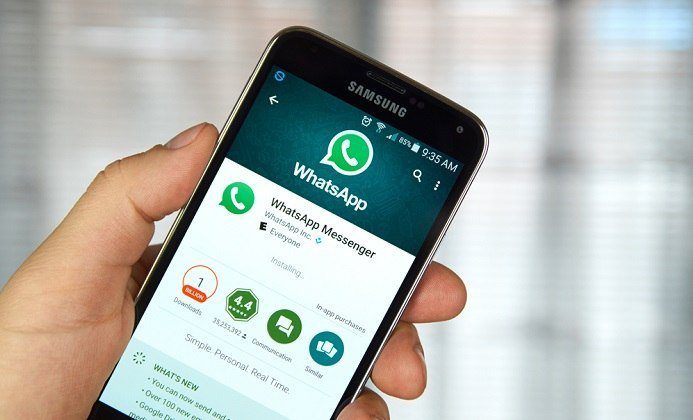This is great news for Android users running older devices and struggling with the few MBs of storage space left, after accumulating hundreds of photos, videos and everything else. Especially for a country like India, where budget phone launches have seen extravagant launch events and unprecedented media frenzy, this move by Google will be welcomed with open arms.
Expensive Data Plans? No Worries
If you’re out and about or live in an area where data plans are too expensive, Google Maps now lets you switch you to Wi-Fi mode to completely download the maps of wherever you are traveling. That allows you to evade data connectivity for the entire duration of your trip, or even if you have limited data connection, this option can be very useful. All you’d need to do is enable the Wi-Fi only toggle from Google Maps’ settings menu and then download the map of the area you need.
Running Out of Storage Space? No Worries
Downloading offline maps isn’t a terribly new feature, but people with phones running only 4 GB or 8 GB of internal storage might struggle to utilize it. To counter this, Google now has added SD card support for Maps. A user will be prompted to select the storage location when they download maps for offline usage. Here, a user can simply select select the SD card option and continue using Maps without worrying about storage issues. Google said it best when they observed in their blog post – There are some more options that were added in Maps, like tie-ups with Go-Jek and Grab in Southeast Asia, just like we’ve seen here in India (with OLA and Uber).
Winner Winner, Chicken Dinner?
We’re pleasantly surprised to see a tech behemoth like Google still caring for folks who can’t afford the biggest and shiniest of phones. This move seems to be a part of their bigger plan to get more folks from countries like India to start using their products more. But we’d also like to hear what you think of this move, via our comments section. The above article may contain affiliate links which help support Guiding Tech. However, it does not affect our editorial integrity. The content remains unbiased and authentic.










